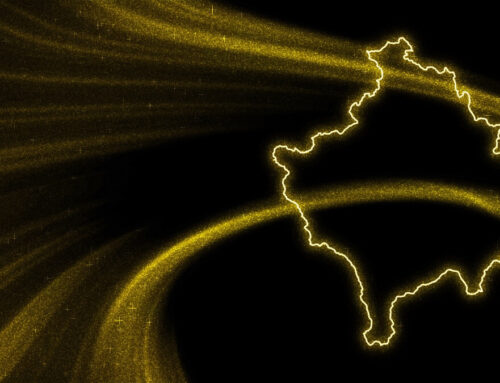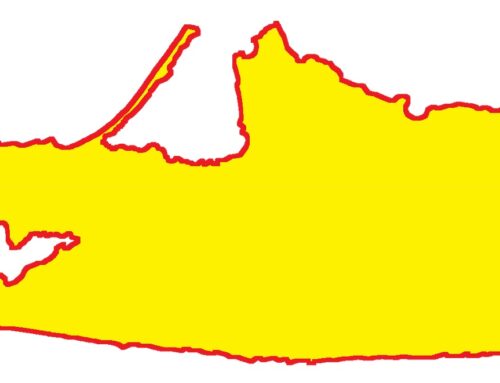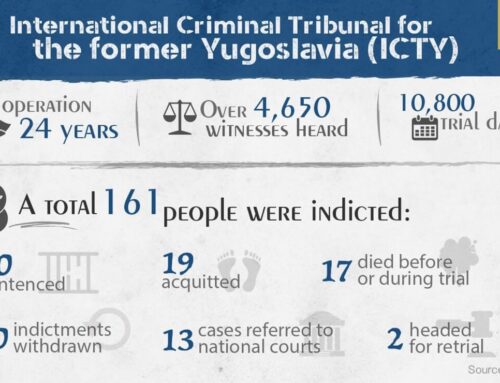After two decades of strained relations, the Macedonian and the Greek Prime Ministers, Zoran Zaev and Alexis Tsipras, particularly assisted by the negotiating skills of the ministers of the Foreign Affairs of the two countries, Dimitrov and Kotzias, under the auspices of Berlin and Washington, immediately after the Sofia Summit, came to a conclusion to resolve the two decades-long dispute and to change the name of the Republic of Macedonia, to Republic of North Macedonia. The joint agreement was concluded in Prespa, and the next step (from the sequence of future implementation stages) is the statement of the Macedonian citizens, who have a chance to express their opinion on a referendum, organized on September 30 this year.
In that way, on September 30, the citizens of Republic of Macedonia will be asked: Are you in favour of NATO and EU membership, and accepting the name agreement between the Republic of Macedonia and Greece? Subsequently, the Macedonian Government is involved in a mission through a public campaign to present the advantages of the potential outcome of the referendum and the necessity of the Macedonian citizens to give their vote (alluding on the positive one) on the day of the referendum. The biggest opposition party in Macedonia VMRO DPMNE (which after 11 years of governing the country, lost the parliamentary elections one year and a half ago, and then the local elections one year ago), which is not in favor of the agreement only, but also its party members and supporters, neglect to give its negative vote on the referendum.
Simply, the members and the supporters of one fraction of the party believe that a boycott is a most suitable solution. The other part of VMRO DPMNE, including the new leader Mickovski, still does not have a clear position about the whole process. Apparently, his statement: You know best what to do is nothing more than avoiding responsibility before its voters. The agreement and the referendum is also supported by the founders and ex-prominent figures from the party. However, in order for the referendum to finish positively, it should declare about 50 percent + 1 of the entire electoral roll. Following that, It will be rather difficult to reach the census without VMRO-DPMNE calling their electorate to vote either for or against.
In a meanwhile, the Macedonian Prime Minister Zaev and the Minister of Foreign Affairs Dimitrov, followed by their associates, are involved in an intensive campaign consisting of organizing public rallies and tribunes in the major cities and municipalities of the country. Especially, influential are the words of Nikola Dimitrov, who does not miss any occasion to notify that the Macedonian citizens stand in front of a historic agreement, that we lost one generation trying to float on the arena of the international relations and that Macedonia does not have any other alternative, then a membership in NATO and the EU.
In this campaign is also involved the opinion of Ali Ahmeti, the leader of the major Albanian political party in Macedonia DUI (Democratic Union for Integration) and a coalition partner in the Macedonian Government, stating that: This referendum is uniting for Macedonians and Albanians. Moreover, in the past period, many prominent international figures visited the country in order to give immense support to the Macedonian government for the referendum. In that way, on Friday, September 7, 2018, General Secretary of NATO Jens Stoltenberg, visited Macedonia. His presence was followed by Austrian Chancellor Sebastian Kurz. Stoltenberg state that This is a once in a lifetime opportunity and there is no way you can join NATO without the name agreement. Using a similar rhetoric, Kurz emphasized that Name agreement with Greece is decisive progress in Macedonia’s accession process towards the EU, and that The EU is incomplete without Western Balkans. The foreign visits in the country culminated with the visit of the German Chancellor Angela Merkel on Saturday, September 8, 2018, which is also the day of the Macedonian Independence. She stated that It is necessary the citizens to decide on their country’s future. There was a dispute between your country and Greece and a solution had to be found. This is why the name issue and membership issue are intertwined.
This was the first time a German Chancellor visited Macedonia. Merkel’s visit had a deeper importance than just a symbolic gesture – visiting the country on the Day of its Independence. Indeed, the Macedonian Government, together with its international supporters also wanted to make clear to the Macedonian citizens, and the world public and international community that in spite of the previous Macedonian government, led by Gruevski who – from 2011 – used the National Day to deepen his political position, by antiquisation projects and rhetoric (especially after the Greek veto on the NATO Summit in Bucharest in 2008), that they are pro-EU and pro-NATO oriented and they are the one that will bring Macedonia in the long-lasting desired EU-Atlantic integrations.
In spite of the effort of the Macedonian authorities to persuade the citizens to give their positive vote on the September 30, it is especially evident the fact that the Macedonian citizens do not have a united opinion about the referendum. Indeed, some people are convinced that Macedonia will lose a lot with this agreement – its history, tradition and its identity. The same arguments are used in a positive connotation from the other side by the supporters, claiming that after two decades of isolation, Macedonia will gain an opportunity to certify its identity and stance in the sphere of the international relations.
Eventually, a positive result on the referendum and a result that will really in a foreseeable future bring Macedonia, first in NATO and after that in the EU is a most feasible scenario, and it is a chance that can unite the opposing Macedonian considerations and mutual divisions among the people between patriots and traitors.





Leave A Comment